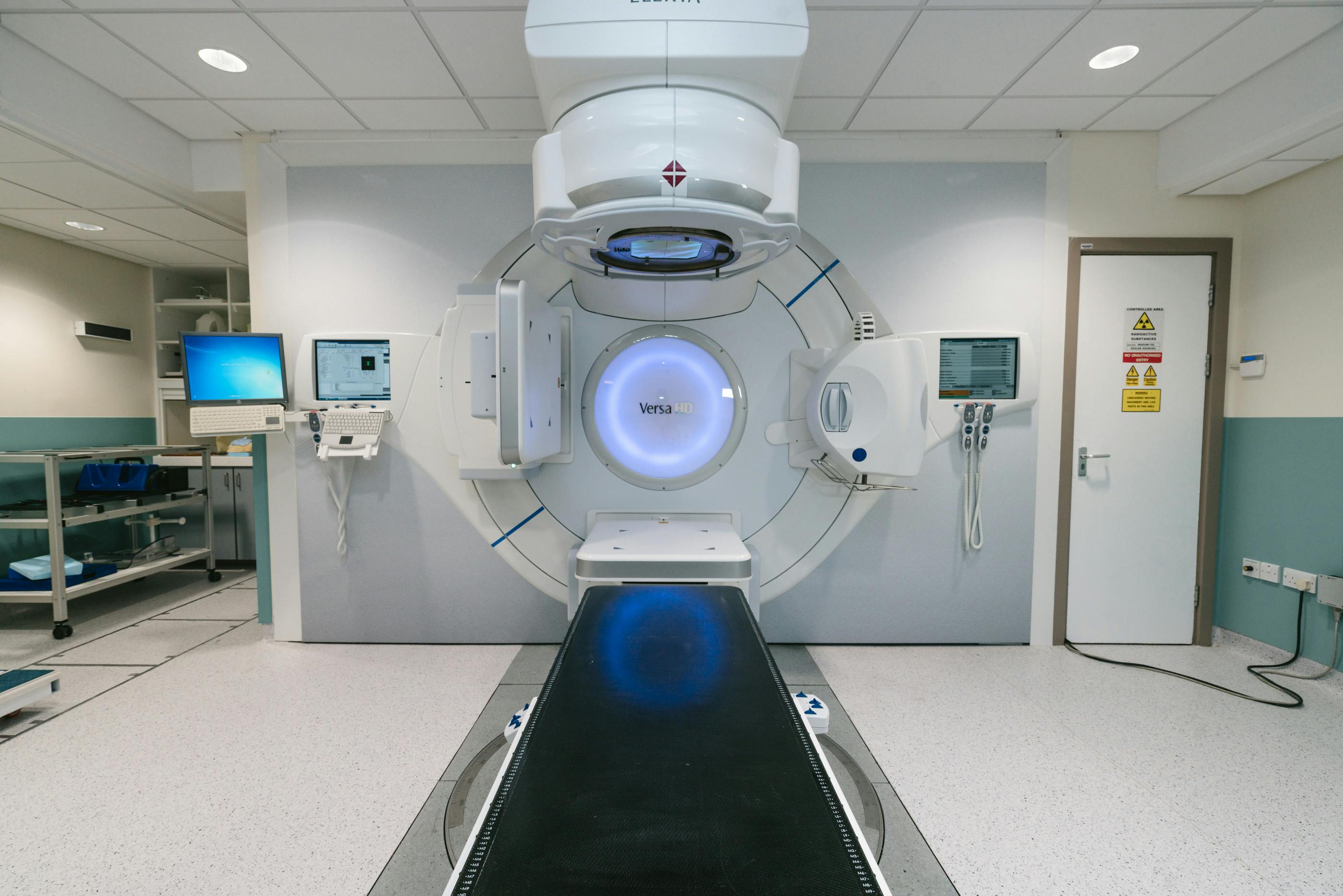
Loving Yourself Isn't Selfish: The Unadulterated Reality of Self-Care During Cancer Treatment
- Sep 10, 2025
Imagine this scenario: you're aboard a plane teetering on the edge of chaos when the oxygen masks drop. Do you frantically fumble to hook up those around you or swiftly secure your mask before helping others? Ladies and gents, I'm here to pound it into your beautiful, wellness-seeking skulls: self-care is not a fancy buzzword or an excuse to slack off. It's your oxygen mask. It's even more critical when navigating the tumultuous rumble of cancer-an all-consuming earthquake of your biology.
As a double-agent doctor dealing in palliative care and lifestyle medicine (plus, as a BRCA1 previvor myself), I have etched this into my soul: self-care isn't self-indulgence; it's a necessity. Not some fancy mantra to chant while contorting on a yoga mat. It's especially crucial when cancer blindsides your every day. Controlling what you can feels like wielding Thor's hammer when so much seems out of your sphere of influence.
Most of us visualize self-care as lounging in a bubble bath, buried in a flurry of scented bubble. A massage, perhaps, or escaping the chaos with a weekend getaway-all accompanied by a good dousing of guilt. Not anymore. After a frightening complication from what should've been a routine mastectomy and hysterectomy, everything tumbled away like a house of cards. Reduced to needing help from my better half for the basics (yes, even for toilet runs), I quickly understood the trials my chronically ill patients face.
Our societal conditioning, especially for wonder women and super moms, decrees we pour out more for others than we keep for ourselves. But boss, you need to prioritize your oxygen mask. It would be reckless not to, especially when you're on shaky ground.
Self-care doesn't come sprinkled with glitz and glamor, nor has it evolved into a pursuit of flawless perfection. It's about small, yet significant steps that balance your healing process and neglected needs. Walking in the sun, scribbling in a gratitude journal, maintaining an early bedtime, or simply not doing something you don't wish to-these replace the chips in your cup. When your body's taking a hit from cancer and cancer treatments, these tiny habits build a solid fortress of strength and resilience.
You may feel like a squirrel on a wheel during your treatment, with self-care the farthest from your thoughts. Nausea, pain, insomnia, and chemo-brain may deadbolt your will. However, lifestyle strategies like staying active can reduce fatigue, improve sleep patterns, maintain strength, boost immunity, and enhance overall quality of life.
Post my surgeries, I fueled my battle engine with daily walks, homemade smoothies (kudos, mom!), help from loved ones, and a gratitude practice. Starting my day listing three things I was looking forward to and ending it with gratitude set a tone of positivity, reminding me of the good stuff still happening around.
So, tread with grace and compassion, meeting yourself wherever you are each day. And remember the silver lining: unlike a helluva lot during cancer treatment, self-care is something you can control.
Consider these practical habits for a daily dose of self-love:
- Eat when you can (and want to). Cancer can wreck your appetite, but refueling with fiber-rich, plant-based foods boosts your immune system and gut health.
- Move. A bit. Every day. Just 10 minutes of walking, preferably in morning rays, can boost your mood, sleep, and reduce anxiety.
- Sleep. Develop a serene bedtime routine, keep your room cool, and soak up morning sunshine to manage your sleep cycle.
- Rest. Trust your energy levels and reserve your mojo for what truly matters.
- Connect. Whether it's a support group, talking to a friend, or someone relatable online, connect.
And remember: self-care morphs into different forms at different stages of life. Your needs during active treatment differ from those during survivorship. Be flexible with yourself, and repeat after me: Self-care is self-survival. And, darlings, you deserve to survive.






